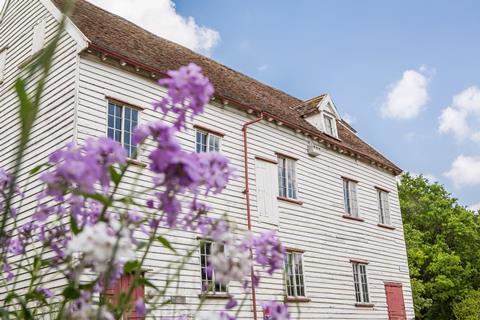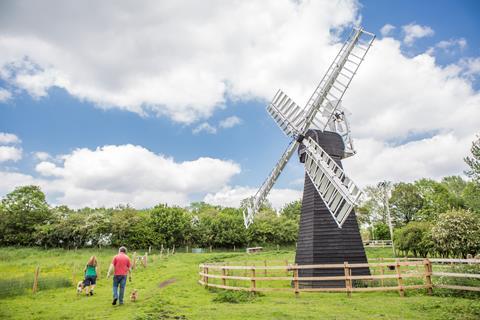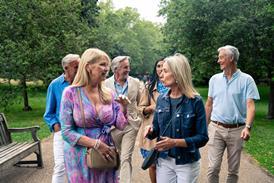The Museum of East Anglian Life in Suffolk will become a multi-sensory attraction to help visitors to learn about the culture and heritage of food and the impact of our choices past, present and future.

Attractions for visitors to the 75-acre site, whose new name will take effect from March 2022, include a medieval barn, a watermill and a walled garden, as well as carts, a river trail, machinery and an animal area, all of which aim to bring the history of food and its processes alive by teaching skills and sharing heritage.
Museum director, Jenny Cousins, said: “We think that it is important that we reflect the population, issues and needs of 21st century Britain. Museums shouldn’t be preserved in aspic. Food is culture and it is surprising to us that there is no museum of food in the UK already.”
“Everyone should be able to see themselves reflected somewhere in what we display, collect and programme and we want to help people to appreciate their own power to effect change.”
Recent developments behind-the-scenes at the museum have included a new ‘grow area’ at the heart of the site, the planting of an orchard, the creation of a small farm area and the restoration of a windmill.
Other developments in the pipeline include a collaboration with Our Isles (a project which celebrates the artistry of rural life in the British Isles) and a collective of artists, chefs, farmers, historians and specialists which will see a new exhibition, Hedgerow, open at the museum in summer 2022, as well as a new sculpture trail.

Pre-booked tours
A selection of guided tours, lasting around 45 minutes, are available for groups and can be tailored to individual needs and interests. Tours include:
- Crowe Street – an opportunity see and hear the stories of people who lived and worked on site. Available on Tuesday, Thursday and Saturday mornings.
- Alton Watermill – learn about the story of the watermill, how it works and its importance in providing flour and animal feed to the surrounding areas
- Abbot’s Hall and Gardens – a guided look around the Walled Garden and an insight into the history of Abbot’s Hall, the estate house built in 1709.
Groups of 12 or more paying visitors can benefit from discounted entry. Pre-booked guided tours are also available. For more information visit www.eastanglianlife.org.uk.












